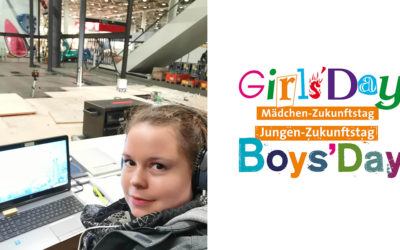The certification for sustainable management in direct business communication initiated by FAMAB (Verband Direkte Wirtschaftskommunikation e. V.) has now crossed national borders and is developing into a European certificate. Sustainable Company is a success story: In November 2010, the members of the FAMAB decide at their annual general meeting to create an industry certificate for sustainable management in direct business communication.
About half a year later, after the establishment of the working group, sustainability and ten meetings later, in June 2011, the first certificates “Sustainable Company powered by FAMAB” can be awarded to the five pilot projects. Another three months later, six Swiss companies decide to participate in the certification process and import the certificate into Switzerland.
These companies and agencies will receive their certification in April 2012. In Germany, more than 20 companies are certified as Sustainable Companies at this time. In the meantime, Spanish and French companies/associations are also interested in joining the label.
“This success proves us right”, says FAMAB Managing Director Elfie Adler. “It was the right decision with two renowned external consultants, as we found them with CO2OL and Viabono, to develop an independent certificate. Thus we could consider the characteristics in the direct restaurant communication, develop a transparent and at the same time cost-efficient procedure and do without administrative ballast as well as the certification of banalities.
Criteria catalogue for Sustainable Company
The three pillars of sustainability form the basis of the certificate: ecological action, social responsibility and economic success. Building on this, the association and its project partners developed a catalogue of criteria that takes into account and combines various parts of a company in order to assess their sustainability. Factors such as mobility, energy and CO2 efficiency, communication, material purchasing, waste production and disposal play just as important a role as social and ecological aspects of employee responsibility. In concrete terms, eleven sustainability-relevant corporate areas were identified for the standard in line with industry requirements.
Ultimately, however, a company may only call itself a “Sustainable Company powered by FAMAB” if it is “state of the art” in all criteria such as energy use, waste avoidance and mobility as well as in employee responsibility and lives its sustainable orientation through all levels of the company.
“There is no point in having the best waste system if the building turns out to be a real energy waster,” says Michael Kuhn, FAMAB board member responsible for sustainability, about the certification of his own company. For each criterion, at least 70% of the achievable points must be achieved.
Interesting side effects
And if you approach the process dialogically, as we did with another project, ideas such as a non-smoking premium also emerge. It is now worth 60 euros a month for us if employees do not take constant breaks from smoking – by the way, this also applies to smokers who are “clean” at their workplace.
What do the clients say?
With all the ideas on sustainable behaviour, the question of whether the certificate will be rewarded by the clients is naturally exciting. “Quite clear”, reports one FAMAB member from his experiences. “Two customers approached us and offered us a two-year contract if we were to be certified. The certification certificate is now hanging in our entrance hall and the ink under the contracts is dry. This is an enormous incentive for all employees in the company to constantly improve”.



